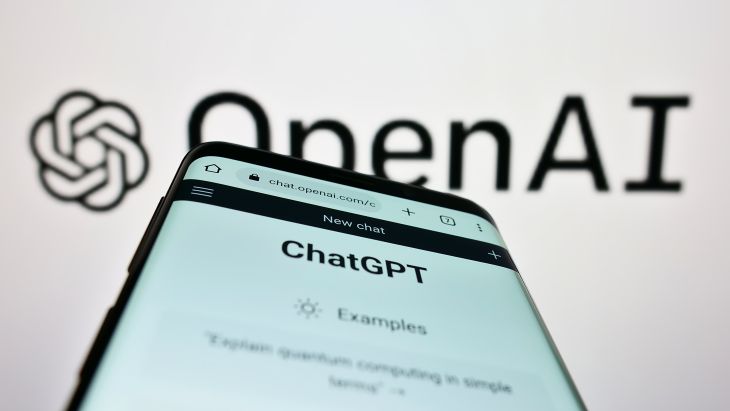
Dr Marcel Scharth
Earlier this week OpenAI launched GPT-4o (“o” for “omni”), a new version of the artificial intelligence (AI) system powering the popular ChatGPT chatbot. GPT-4o is promoted as a step towards more natural engagement with AI. According to the demonstration video, it can have voice conversations with users in near real-time, exhibiting human-like personality and behaviour.
This emphasis on personality is likely to be a point of contention. In OpenAI’s demos, GPT-4o sounds friendly, empathetic and engaging. It tells “spontaneous” jokes, giggles, flirts and even sings. The AI system also shows it can respond to users’ body language and emotional tone.
Launched with a streamlined interface, OpenAI’s new version of the ChatGPT chatbot appears designed to increase user engagement and facilitate the creation of new apps based on its text, image and audio capabilities.
GPT-4o is another leap forward for AI development. However, the focus on engagement and personality raises important questions about whether it will truly serve the interests of users, and the ethical implications of creating AI that can simulate human emotions and behaviours.
















